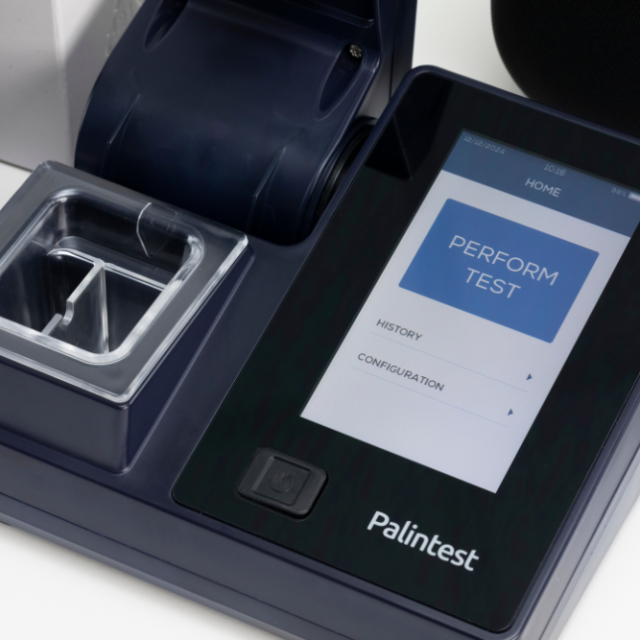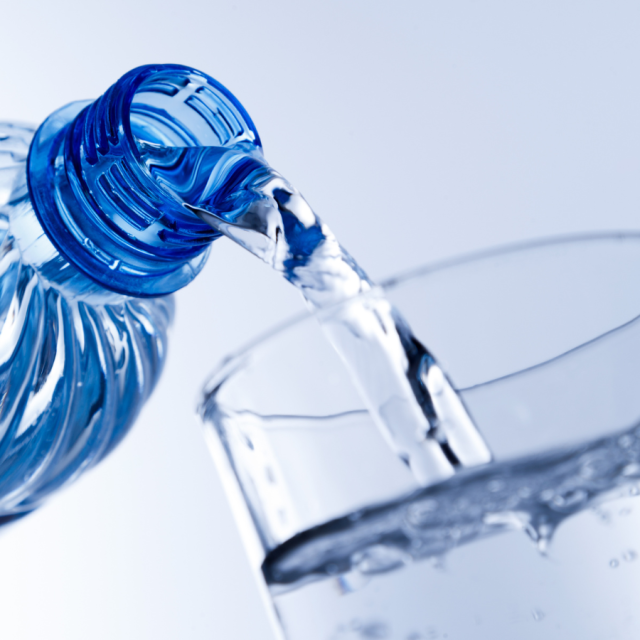
Methods of Testing the Alkalinity of Industrial Water
Methods of Testing the Alkalinity of Industrial Water
Testing the alkalinity of industrial water is a fundamental aspect of ensuring the proper operation and maintenance of industrial processes. Alkalinity, a measure of water’s capacity to neutralize acids, plays a critical role in water chemistry and treatment. Various methods are employed to accurately determine alkalinity levels in industrial water, each with its unique applications and advantages.
The Role of Alkalinity in Industrial Water
Alkalinity in water, primarily made up of bicarbonates, carbonates, and hydroxides, serves as a buffer against changes in pH. It is essential for maintaining a stable environment in various industrial processes. High alkalinity can mitigate heavy metals’ toxicity, while low alkalinity makes water bodies vulnerable to acidic pollutants.
Titration: The Standard Method for Alkalinity Measurement
Titration is the most widely used method for measuring alkalinity. This process involves adding a known concentration of acid to a water sample and measuring the change in pH. The procedure continues until all the acid-neutralizing compounds in the water are used up, allowing for the determination of total alkalinity. Digital titrators, burettes, and automated systems are commonly used for this purpose, offering precision and accuracy.
Alkalinity Test Kits and Reagents
Simple test kits are available for quick and easy alkalinity measurements. These kits typically include reagents and dilute acid and are suitable for field applications. They provide a cost-effective and user-friendly option for routine alkalinity testing.
Benchtop Instruments and Online Analysers
For more advanced and precise analysis, benchtop instruments and online analyzers are used. These systems offer higher accuracy and are suitable for laboratory and continuous industrial monitoring. They are particularly beneficial in applications where consistent and detailed analysis of water quality is required.
Importance of Regular Alkalinity Testing
Regular testing of alkalinity is vital in industrial settings. It ensures the effectiveness of water treatment processes, prevents scaling or mineral build-up in equipment, and maintains the overall health and stability of water systems. Additionally, it assists in complying with environmental regulations and standards.




